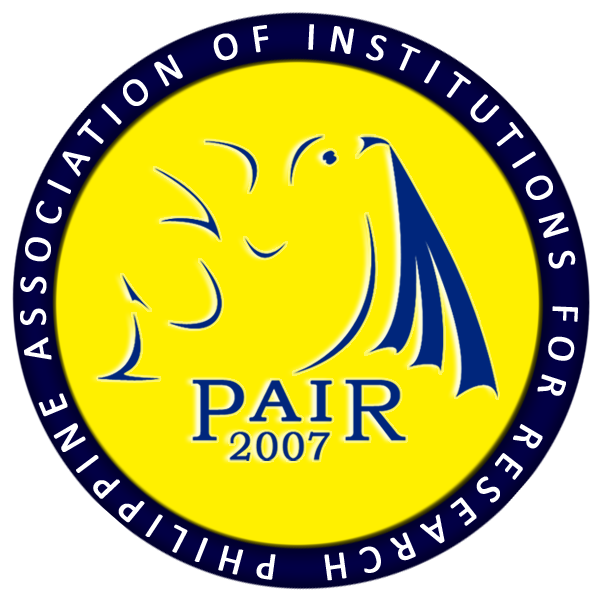Mga Bayaning Walang Kapa: Struggles and Coping of Ivatan Primary Caregivers of Children with Special Needs in the Province of Batanes
DOI:
https://doi.org/10.7719/jpair.v44i1.664Keywords:
Social Science, Struggles, Coping, Children with Special Needs, Primary Caregivers, Ivatan, Descriptive Research, Quantitative-qualitative design, Batanes, PhilippinesAbstract
Primary caregivers of children with special needs encounter a host of new challenges and face reality and shock of diagnosing the disability itself. This study employed a descriptive research method to identify and describe the struggles of 18 Ivatan primary caregivers and their coping strategies in terms of gender in the Province of Batanes. Inventory questionnaires were used to gather data. Using Mean Analysis and ANOVA One-Way Repeated Measures, the Ivatan primary caregivers' prevalent struggles are Financial, Health, Social, Family, and Emotional. In terms of gender, both males and females experienced all the areas of struggle. Ivatan primary caregivers’ struggles experienced, the more prevalent coping strategies used by Ivatan primary caregivers are Problem Solving, Cognitive Restructuring, and Social Support. Male and female primary caregivers used all the coping strategies except Social Withdrawal and Self-Criticism. Males utilized problem-solving the more while females utilized Cognitive Restructuring. Despite the various struggles that the Ivatan primary caregivers experienced, they find ways to cope with them.
Downloads
References
Abery, B. H. (2006). Family adjustment and adaptation with children with down syndrome. Focus on Exceptional Children, 38(6), 1-18. Retrieved from https://core.ac.uk/download/pdf/235895963.pdf
Downloads
Published
Issue
Section
License
Copyright (c) 2021 William Jo Se M. Billote, Kyle G. Ponce, Leonard O. Taghap, Samantha Jaslyn Nicole A. Arca, Christine Mae D. Villa

This work is licensed under a Creative Commons Attribution-NonCommercial 4.0 International License.
Open Access. This article published by JPAIR Multidisciplinary Research is licensed under a Creative Commons Attribution-Noncommercial 4.0 International (CC BY-NC 4.0). You are free to share (copy and redistribute the material in any medium or format) and adapt (remix, transform, and build upon the material). Under the following terms, you must give appropriate credit, provide a link to the license, and indicate if changes were made. You may do so in any reasonable manner, but not in any way that suggests the licensor endorses you or your use. You may not use the material for commercial purposes.




















